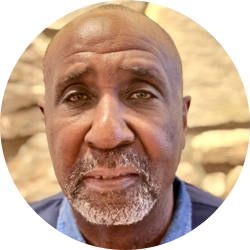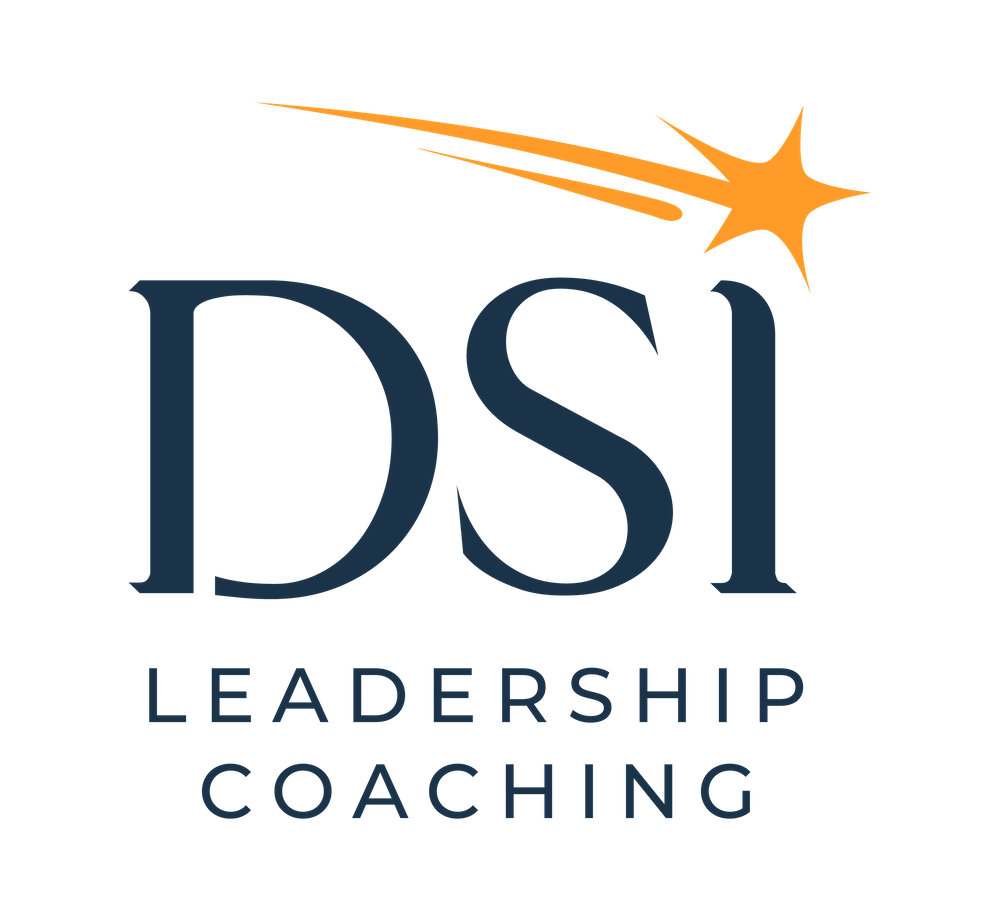Shall we dance?
Photo courtesy of Michelson Gallery, Northampton, MA. Center is Frankie Manning, one of the early Lindy Hoppers from the 1930s in Harlem. He was the originator of the aerial which is now ubiquitous to Lindy Hop, an award-winning choreographer, internationally-revered teacher, and all-round lovely guy… He is much missed by all of us who were lucky enough to know him.
As a dancer, I learned long ago that you can tell a lot about a person by watching the way they dance. I often use partner dancing as a metaphor to help clients understand themselves as both leaders and as strong followers. I have found that this “Dance of Leadership” strengthens my clients as leaders. To me, coaching is like a partner dance — the stronger the lead, and the stronger the follower, the better the dance. In the best dances the leader and follower roles alternate between partners. I see it as my role to hold safe, creative space for my clients to explore themselves and their internal experiences. And, by being a strong follower who can at times step in to take the lead, I help them experience themselves more fully as the strong leaders they are.
And those who were seen dancing were thought to be insane by those who could not hear the music. – Nietzsche.
Deborah has a passion and purpose for assisting individuals and teams to understand why it’s essential to provide “room at the table for everyone,” even if you have to get a larger table.
I met Deborah right at the beginning of the pandemic. It was evident to me that Deborah’s desire to impact the corporate structure is driven by the need for equity, inclusion, and belonging, and to assist leaders who typically aren’t given opportunities to thrive in the corporate world in high-ranking positions.
Personally, Deborah was an ally to me in pursuing my development as an executive and leadership coach. My business has blossomed, in part due to Deborah’s encouragement to participate in programs that I otherwise would have passed up or felt I wasn’t welcome to join. By participating in these programs, I have seen a steady uptick in my business, and I am having fun in the process.
If you hire Deborah, you will get a dedicated, persistent, and passionate ally who will encourage and assist you in identifying where some of your blocks are and what matters to you. Deborah helps non-traditional leaders see their unique approach to leadership and is a catalyst for early- to mid-size corporations in discovering the next generation of talent they need to develop to be sustainable, particularly women and other so-called minorities.
Deborah is an oasis of resourcefulness. If you are looking for an experienced and knowledgeable coach who can provide clarity and allyship to you or your organization, Deborah is that person.

Complete the form below to get in touch and let me know what challenges you are ready to deal with.
Here are the answers to some frequently asked questions.
When should you use a coach?
When you do not love what you are doing but are not sure what to do instead
When you are stuck and do not know how to get unstuck
When you are burned-out and not sure how to get out of your current situation, much less how to move into a more rewarding one
When you have lots of ideas about what you would like to do, but do not focus on any long enough to take it anywhere
When you have read all the self-help books and still are not changing the habits that get in your way
When you have young children and cannot figure out how to cut back and be with them more
When you want to identify and focus on what you really care about
With thanks to Leslie Godwin for her input into this section.
What happens if I don’t like my coach; how do I end coaching?
There is often a slump in coaching, 3 to 8 weeks into the process – is this one?
We humans often resist change, even when we know we want it. What might you be avoiding, or afraid of?
Once you have taken some time to self-reflect, talk to your coach. Share your concerns, and what you do not like about the coaching. Suggest ways to redesign your alliance to better serve your needs.
If all else fails, discuss a termination date with your coach. Many coaches like to do a completion session, to review what has happened during your time together, and wrap up any loose ends. It may be that the most important outcome for you is saying what you need and being respected for it. A good coach will do that.
